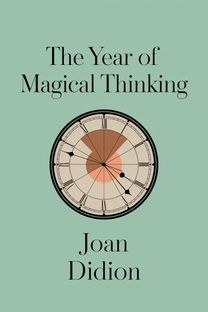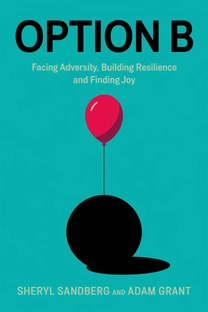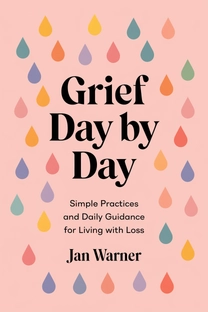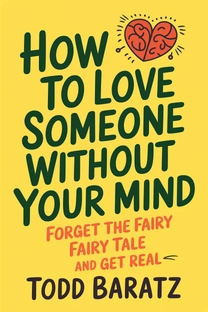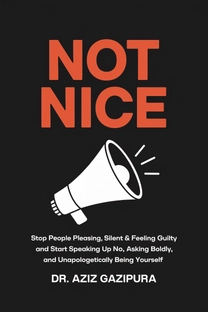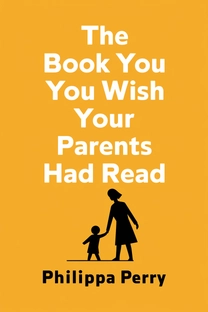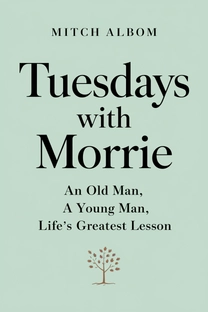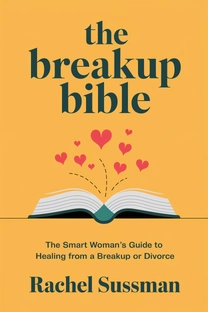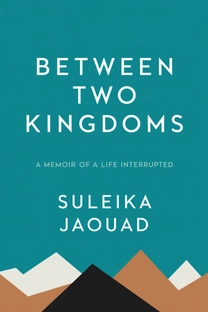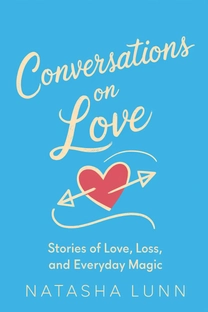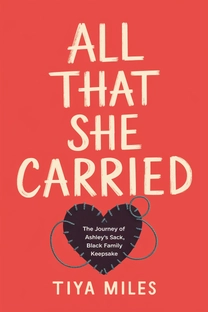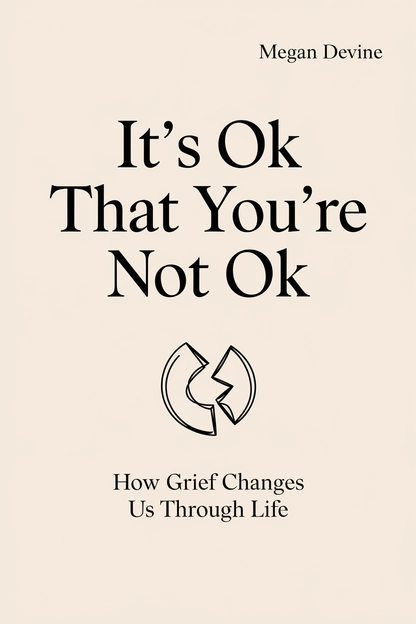
It’s OK That You’re Not OK
Meeting Grief and Loss in a Culture That Doesn’t Understand
by Megan Devine
Brief overview
This book offers a compassionate path through grief, showing that loss isn’t a problem to be solved but a natural response to loving deeply. It explores how social expectations often fail those in mourning and guides readers toward finding a personal, meaningful way to carry pain without denying its reality.
Why Grief Matters
Grief may feel overwhelming, even impossible, but it’s also a natural reaction to losing someone or something precious. The problem is, our culture often sees grief as an obstacle to overcome rather than an experience to be lived. This fosters a sense of failure when you’re unable to “bounce back” on schedule.
In reality, there’s no universal timeline for grief. The urge to hide your sorrow or rush toward a “cure” can intensify the ache. Recognizing grief as a normal result of love can shift your perspective and help you stand gently in your pain, rather than run from it.
By acknowledging that nothing is wrong with you—even if your heart is shattered—you free yourself from the notion that grief needs fixing. You can let sadness exist. This is the first step toward carrying your loss in a more sustainable way, one that honors the love you still hold.
When Comfort Fails
In the wake of a major loss, people around you may rush in with phrases meant to comfort—yet their words often minimize how badly you’re hurting. That’s because most view pain as a problem they can fix: “You’ll feel better soon,” or “This happened for a reason.”
It’s natural to feel hurt or even enraged when such sentiments make it sound like you needed this suffering to grow. The unseen half of those “comforting” sentences suggests that your grief must be wrapped up nicely rather than acknowledged for the devastation it truly is.
Sometimes, the best thing to hear is simply, “I see your pain, and I’m here with you.” No forced optimism—just honest witnessing. When people drop their urge to fix you and instead show up for what you’re actually feeling, you may find a sense of relief that’s deeper than quick-fix positivity.
What is It’s OK That You’re Not OK about?
“It’s OK That You’re Not OK” offers a deeper look into what happens when real grief meets cultural pressures to ‘fix’ emotional pain. Megan Devine breaks down why mourning is not a sign of failure or weakness, but a natural, honest response to losing someone dear. She guides readers to consider how common advice to “move on” often causes more harm, emphasizing that healing grows from acknowledging your grief rather than running from it.
This book stands out by rehumanizing sorrow. It highlights that pain deserves understanding and respect, not hurried solutions. In a world eager for quick optimism, Devine shows that grief is part of love, and learning to live alongside it can foster genuine emotional resilience. Her approach affirms that it’s alright to carry grief without shame, paving a path toward compassionate self-care and true community support.
Review of It’s OK That You’re Not OK
Megan Devine’s primary strength is her compassionate refusal to treat sorrow as a disorder. She lays out her argument with clear examples of how cultural narratives around self-help inadvertently pressure grievers to feel better fast. By contrasting unavoidable pain with needless suffering, she provides practical ways to honor the deeper truth of loss—such as setting boundaries with well-meaning but hurtful voices, practicing honest self-care, and finding friends who can handle raw grief.
Her writing style is direct and thoughtful, offering a balanced blend of professional insight and personal warmth. Devine’s advice is accessible for anyone confronting loss of any magnitude, from the death of a loved one to other significant life changes. Ultimately, this book reminds us that grief is a valid expression of love, and Devine recommends meeting it head-on rather than trying to outrun it.
Who should read It’s OK That You’re Not OK?
- Therapists and counselors looking to refine a more empathetic approach to grief support
- Individuals navigating the loss of a loved one who feel pressured to “move on” too soon
- Community or spiritual leaders aiming to foster healthier spaces for mourning
- Friends and family members seeking better ways to speak and act around the bereaved
- Anyone questioning why cultural norms treat sadness as a problem rather than a natural experience
About the author
Book summaries like It’s OK That You’re Not OK
Why readers love Mindleap
10-Minute Book Insights
Get the core ideas from the world's best books in just 10 minutes of reading or listening.
Curated For You
Discover your next favorite book with personalized recommendations based on your interests.
AI Book ExpertNew
Chat with our AI to help find the best book for you and your goals.
Reviews of MindLeap
Love how I can get the key ideas from books in just 15 minutes! Perfect for my busy schedule and helps me decide which books to read in full.
Alex R.
The summaries are incredibly well-written and the audio feature is perfect for my commute. Such a time-saver!
Jessica M.
Great app for personal growth. The insights are clear and actionable, and I love how they capture the essence of each book.
Chris P.
The app is beautifully designed and the summaries are top-notch. Definitely worth every penny!
Sarah K.


